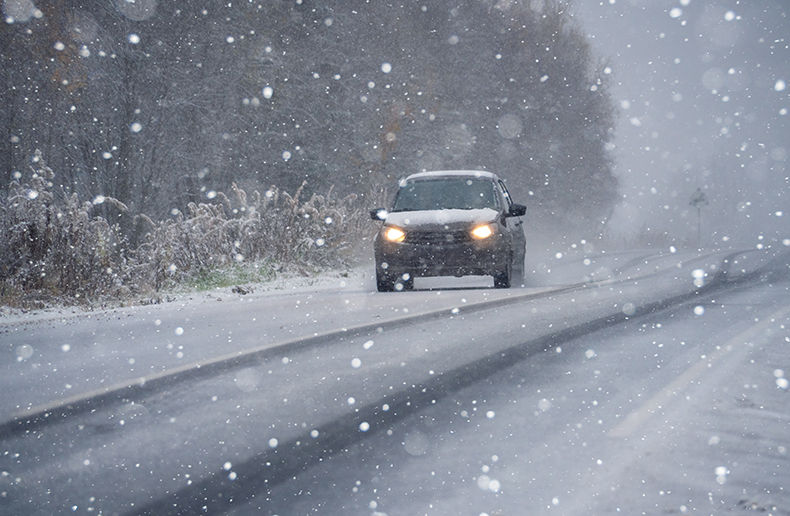Above all other factors, respondents to a November 2024 survey of travellers in Canada for the Blue Cross Travel Study say climate change is the global development most likely to influence their travel habits. Of the 2,072 Canadian adults surveyed, 65 per cent said they were adjusting their plans due to climate change.
Those changes include choosing destinations with less extreme weather – this was the case for 27 per cent of respondents while 23 per cent said they were shifting their travel dates to reduce risk. “Canadians are increasingly considering climate change as part of their informed decision making,” Blue Cross stated in a late-February 2025 announcement about the survey’s findings. They add that 20 per cent of those surveyed said they are simply avoiding some destinations altogether due to environmental concerns.
Sylvain Lamanque, senior vice president with SecuriGlobe Inc. agrees some travellers, U.S. bound travellers in particular, are changing their destinations. “A few issues create that behaviour,” he says. First, hurricanes hitting Florida in 2024 have caused property insurance rates, where they are available at all, to skyrocket. Condo fees have also increased significantly – all of which are denominated in U.S. dollars, pinching the accounts of many snowbirds living on fixed incomes.
“There are some changes,” he says. “We see it in our overall activity. This is anecdotal at this point, but people are cancelling their policies before they take effect. They’re basically not travelling to the U.S.”
U.S. visas for snowbirds and long-term travellers
New mandate requires those in the U.S. for more than 30 days to register with authorities.
On January 20, 2025, an executive order signed in the United States by the country’s new president, entitled Protecting the American People Against Invasion, directed the Department of Homeland Security to ensure that aliens, including tourists and snowbirds, comply with their duty to register with the government under section 262 of the Immigration and Nationality Act.
“The Immigration and Nationality Act requires that all visitors to the United States, who are fourteen years of age and older, register with the federal government when staying in the United States for 30 days or longer,” the Canadian Snowbird Association (CSA) began advising its members in March 2025. Instructions for determining whether a traveller has been issued the correct documentation can be found on the association’s website. “The CSA will be providing members with further information and instructions once the registration process is available.”














